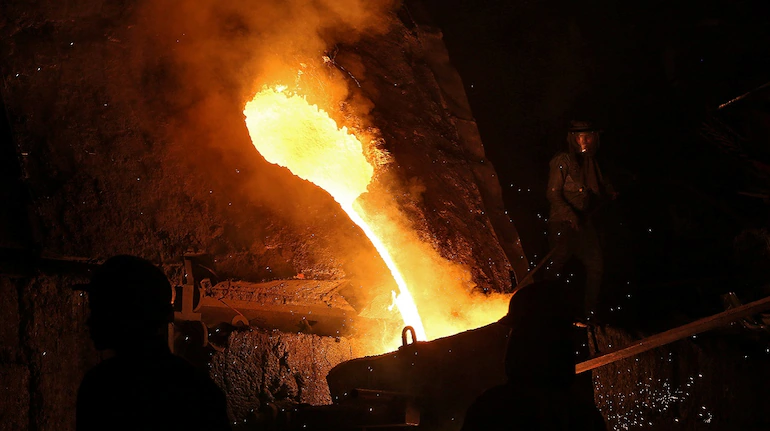In a strategic move aimed at safeguarding domestic industry and reducing reliance on imports, the Ministry of Steel has endorsed the extension of existing import restrictions on metallurgical coke—a key raw material in steel production. This decision is expected to influence both market dynamics and the long-term planning of stakeholders across India’s steel and metallurgical sectors.

What is Metallurgical Coke and Why is it Important?
Metallurgical coke, also known as met coke, is produced by heating coking coal in the absence of air, a process known as carbonization. The resulting product is a high-carbon fuel essential for the blast furnace method of steelmaking, where it acts as both a fuel and a reducing agent.
Due to its crucial role, any fluctuations in the availability or pricing of metallurgical coke can significantly impact steel production costs and, by extension, infrastructure and manufacturing sectors.
Background: Why Are Import Curbs in Place?
India, despite being one of the world’s leading steel producers, imports a significant portion of its metallurgical coke due to limited domestic availability of coking coal and the capacity gap in coke oven facilities.
To support domestic producers and encourage investment in local coking and steel infrastructure, the Indian government previously imposed restrictions such as quantitative limits, port-based controls, and import duties on metallurgical coke. These measures were also intended to:
-
Curb the inflow of substandard coke.
-
Promote self-reliance under the Atmanirbhar Bharat initiative.
-
Stabilize prices in the domestic market.
Steel Ministry’s Rationale for Extension
According to officials from the Steel Ministry, the rationale behind continuing the import restrictions includes:
-
Protecting domestic manufacturers from dumping practices by certain exporting nations.
-
Allowing time for Indian companies to ramp up local production capacity.
-
Supporting long-term sustainability in raw material supply for the steel sector.
-
Encouraging investment in value-added downstream industries.
The ministry has reportedly communicated its position to the Ministry of Commerce and Industry, which oversees trade regulations, urging a review and renewal of current import policies.
Industry Reactions
The response from industry players has been mixed. Several domestic coke producers and steel manufacturers have welcomed the move, stating it would help in maintaining price stability and production margins. On the other hand, some import-reliant companies, particularly smaller steelmakers and foundries, have expressed concern over potential cost pressures due to restricted supply and increased import costs.
Implications for the Steel Sector
The Steel Ministry’s backing of extended import curbs signals a continued focus on import substitution and domestic capability enhancement. If approved by the Ministry of Commerce, the extension could:
-
Drive increased investment in coke oven plants and related infrastructure.
-
Encourage R&D in alternative steelmaking technologies, such as electric arc furnaces.
-
Trigger price adjustments in both domestic and international coke markets.

